
To Choose Right Property All First-Time Buyers Need To Know
Kumar Properties
To choose right property all first time buyers need to know
If all you want a peaceful life, this is the right choice. But if you want earn more for a better future and lifestyle, then you have to consider other options. Let’s have a look.

Mostly the young buyers do not consider lengthy timeline, one have to realise their first fortune you made in your life.
Actually the 4 years long waiting of a couple to complete with the Minimum Occupation Period of 5 years which locks a young couple of 30 years old for a period of 9-10 years it means that the young couple reach at age 40.
We know that time is money and this is the unchangeable fact of life! Many people have the misunderstanding that property investment should start in the late stage of life but due to the mortgage limitations in Singapore, they get the shorter loan tenure which sadly means that the monthly loan repayment will be heftier with additional expenses like child care and educational commitments. This makes many people miss the high speed train of property investment, having still advantage.
So, if you can afford to get a very nice home with the first investment which have a high potential of making decent profit in 5 years, wouldn’t it be great jumpstart to your property investment journey? It is crucial to know that you have to start this journey as soon as your finances sound.
Remember I mentioned that being sensible is important. I cannot stress enough that success of your first investment depends on careful planning. Now we can see that private homes going to hit new highs in 2021 in the given figure. Each time the market falls down, it rebounds with more height, and those having fear to invest in the market and choose to wait end up with paying more for which they have to pay. These are the basic mistakes which can be avoided easily.
Even though by seeing the chart show that the home prices continuously climb but we have to consider the truth that some inexperienced “investors” who made losses too. This is because of various factors and most of the common factors are not setting aside reserve funds, wait to invest and misunderstanding the property market without proper knowledge. This can be easy and much safe if you follow our proven strategy.

Private property price index percentage from 2000Q1 to 2021Q3
The historical price chart of a private property Changi Green, as a first-timer, do you buy property since prices now are at its previous high in 2014? Do you believe that the price will continue to increase in the next three years?

Changi Green historical monthly price (psf) range.
Now, let me show you in the given figure, some of the transactions that occurred in the recent years at Changi green. Some buyers brought up with resale property and end up with not making any profits and some of them incurred loses too. Do not repeat these expensive mistakes made by others!

Changi Green transaction history
Then a question arises, how will one select a right property?
Here, we consider 2 important factors – potential upside & risk involved. With this careful analysis of the facts, and market insights of these 2 points determine if the property is safe to enter. No one can guarantee that you will definitely make money, so we have to consider that risk is as important as the potential upside.
One last example to determine the further points. Looking at the figure, between Queens and Commonwealth Tower, one would have been very upset and utterly disappointed if you choose to purchase the former because of its low entry price. As we can see, even tough the commonwealth tower has higher entry price, the profits earned much has been increased. Do you think is this the case?

Historical price for Queens & Commonwealth Tower
With all these questions keeping in mind, you have to know that it is key to understand how to select the right singapore property market. The essential factors listed above will have the criteria in determining the right property, this makes you to start you real estate investment journey in the right direction. It can be easier if you know all the fundamentals of choosing right property it can also be applied for future properties when you upgrade. Try to avoid repeating mistakes done by others.
Do not wait anymore. If you are keen to have the next article, please register below! You should not miss this. See you soon.
GET IN TOUCH
We will love to answer any queries you might have. Submit this form and we will be in touch with you shortly.
For Free Consultation. Kindly Contact Our Team At +6569028874.
KUMAR PROPERTIES
Find Your Dream Home
SITELINKS
Kumar Properties
About Kumar
Services
Client Testimonials
Mortgage Calculator
Valuation








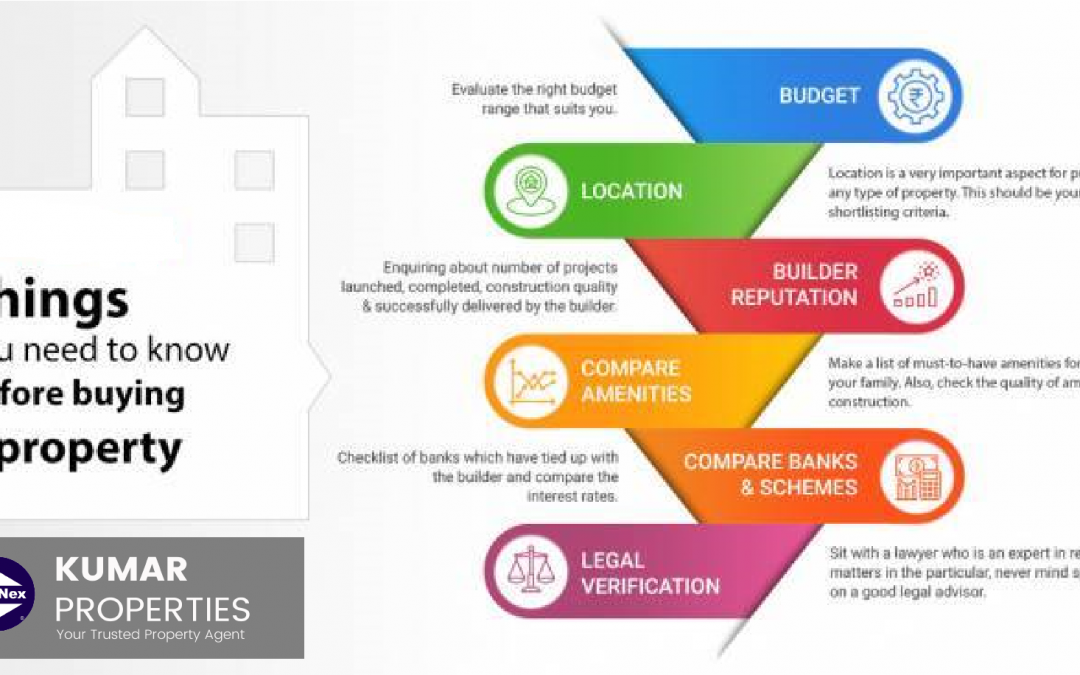

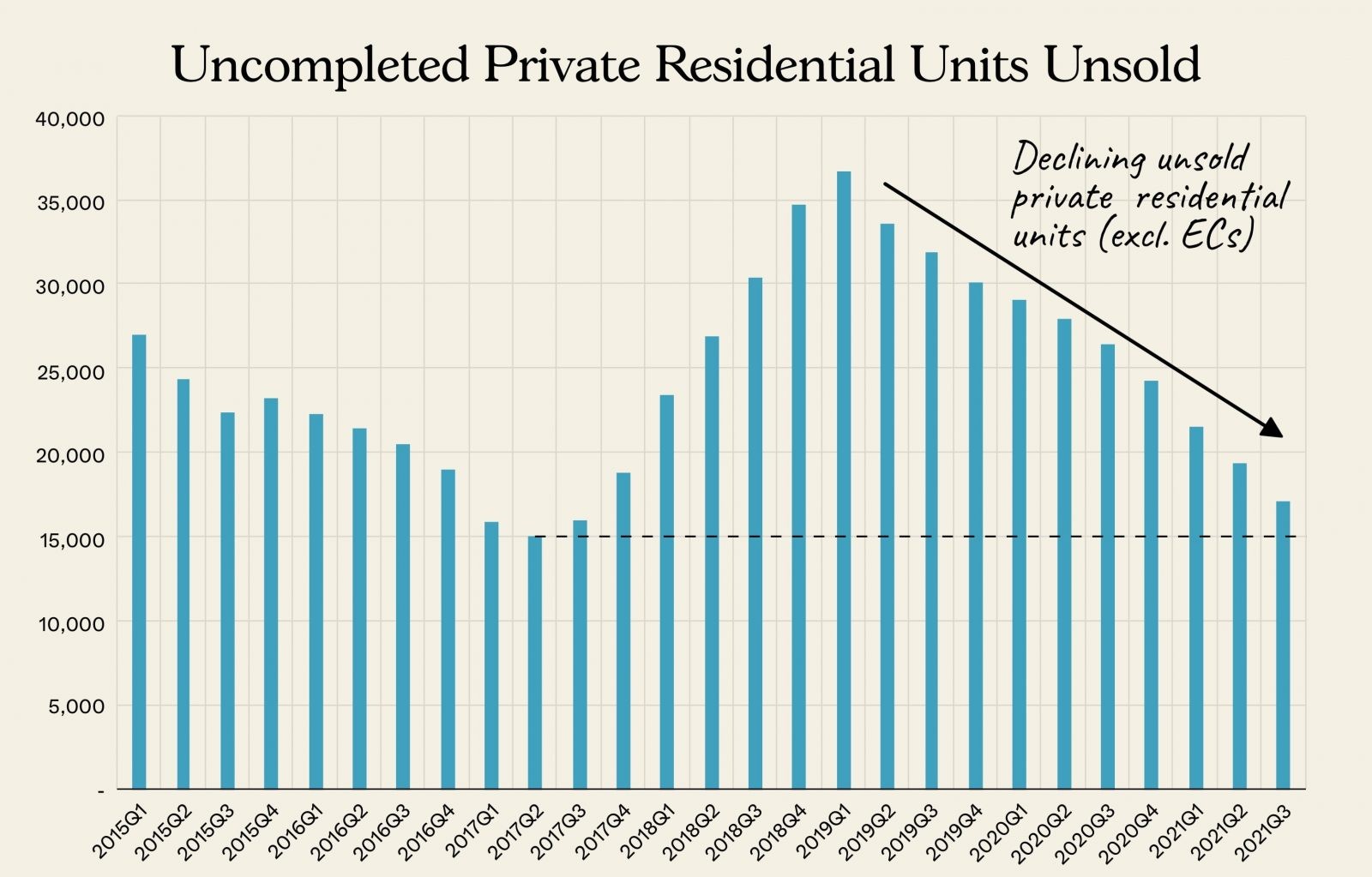
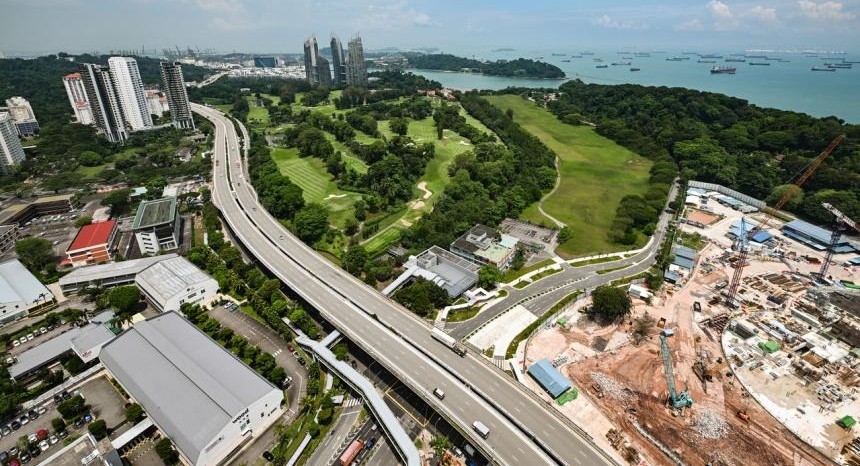
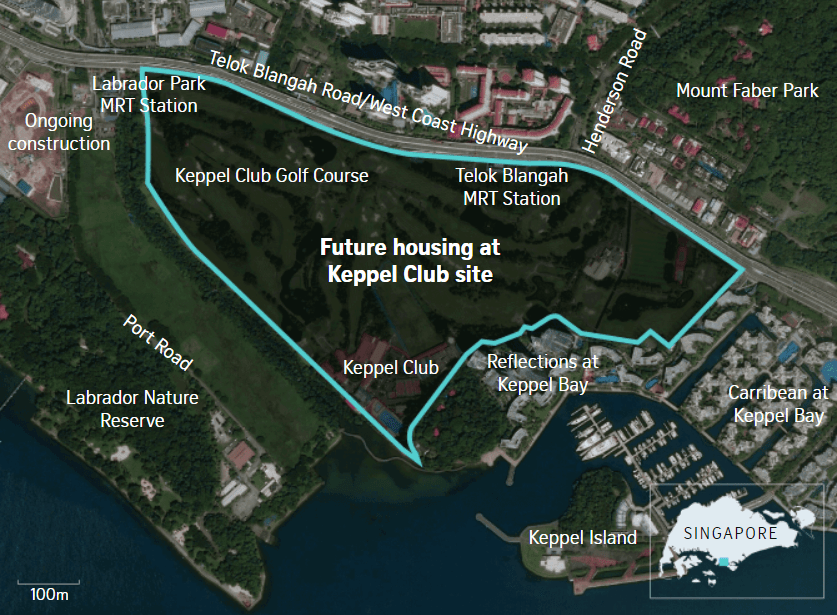
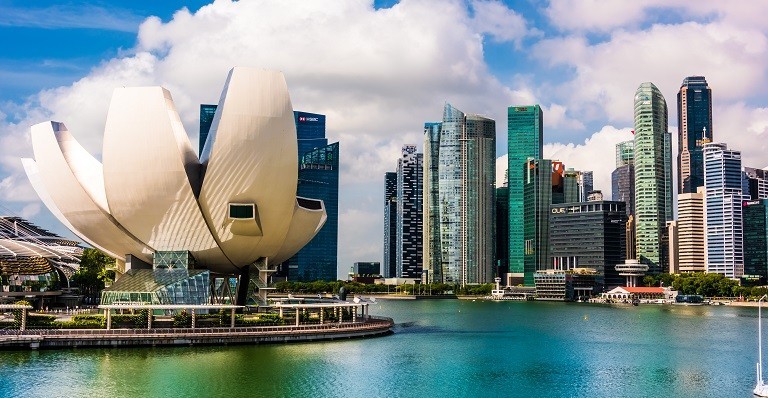
Recent Comments